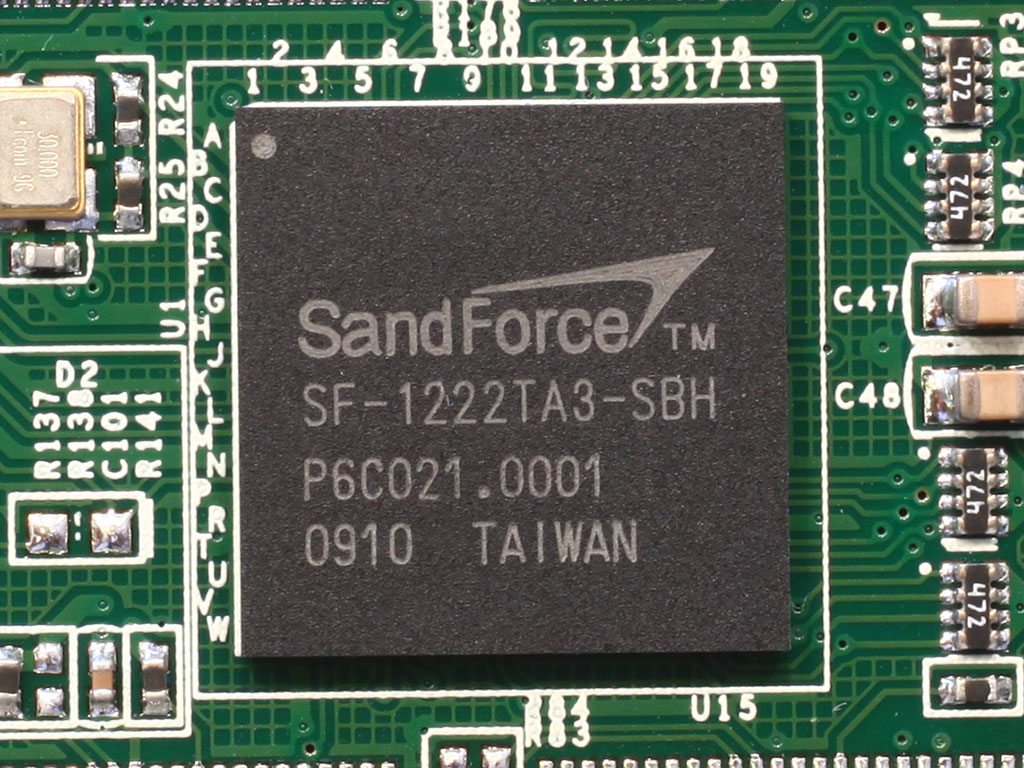Sandforce ‘Over-Provisioning’ eliminated
Ryan Martin / 12 years ago

When an SSD is developed it will consist of standard memory chips. They come in 64GB, 128GB and 256GB capacities. However, many Sandforce powered drives up until now typically use some of that storage space for controller related tasks meaning you often end up with 60 GB, 120 GB, 240 GB drives which means less space for the consumer on products that are already expensive enough. At roughly £1 per GB to lose up to 16 GB on a 256GB SSD model is an expensive waste. The allocation of around 7% of the storage space is supposed to provide some kind of allocation to allow for higher performance.
However, Sandforce have released a new code for their controllers which eliminates the need for this 7% over provisioning.
“providing nearly 100% of the physically-available NAND flash as unformatted capacity to the end-user, without loss in performance. All modern SSDs need a certain amount of their physical NAND flash allocated by the controller to map out bad-blocks, and data marked for deletion when the OS issues a TRIM command to delete something, which the controller later leisurely ruminates upon like a cow (ensuring users don’t experience drops in performance caused by NAND flash write cycles).
What SandForce achieved with its newest code is let SSD manufacturers use what’s called “0% over-provisioning”. This is impossible in the real-world, but can be achieved handing over the difference in capacity between “billions of bytes” and “gigabytes” towards user area. This delta is really 7.37% of the physical capacity. The real difference in user capacity between a 120 GB its 128 GB physical NAND flash capacity really is 7% + 7.37%, or 14.37%. The translation of Billion bytes and gigabytes was made by HDD manufacturers a while ago, so most users don’t notice that difference. What the new firmware for the SF-2000 processor family now permits, is for manufacturers to create SSDs at full binary capacity points with what is commonly known as “0% over-provisioning”. “
Source: TPU, The SSD Review



















